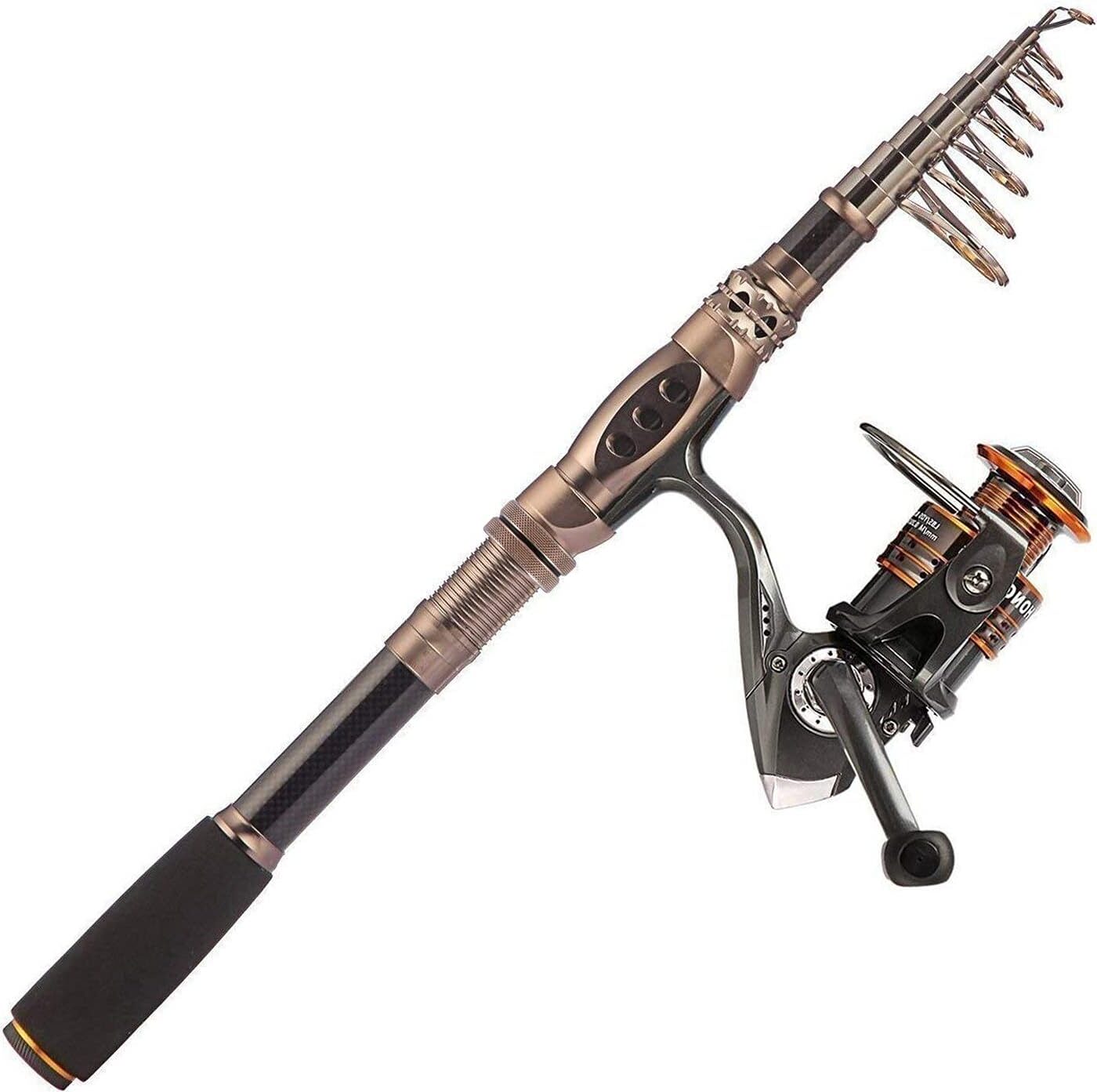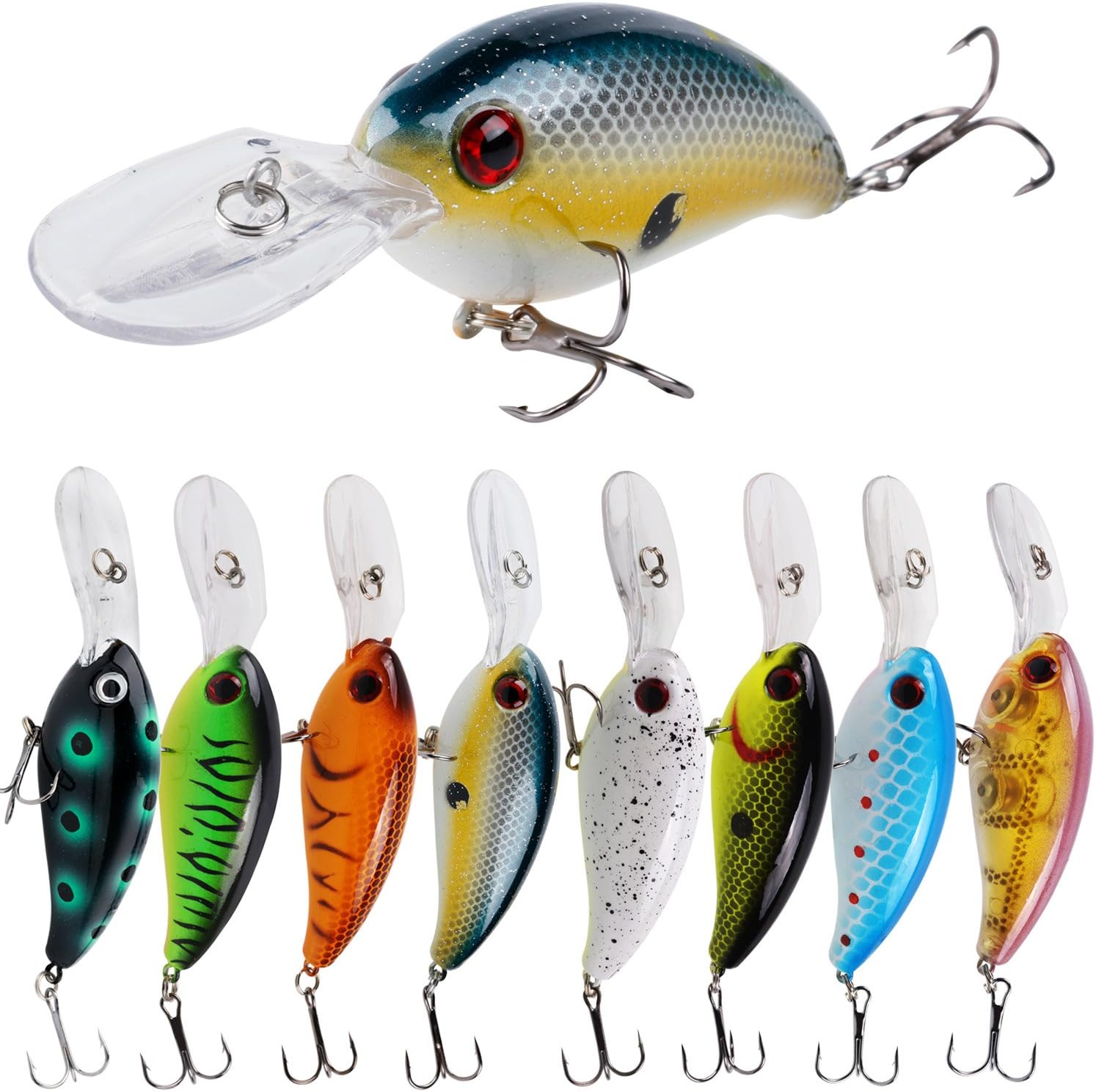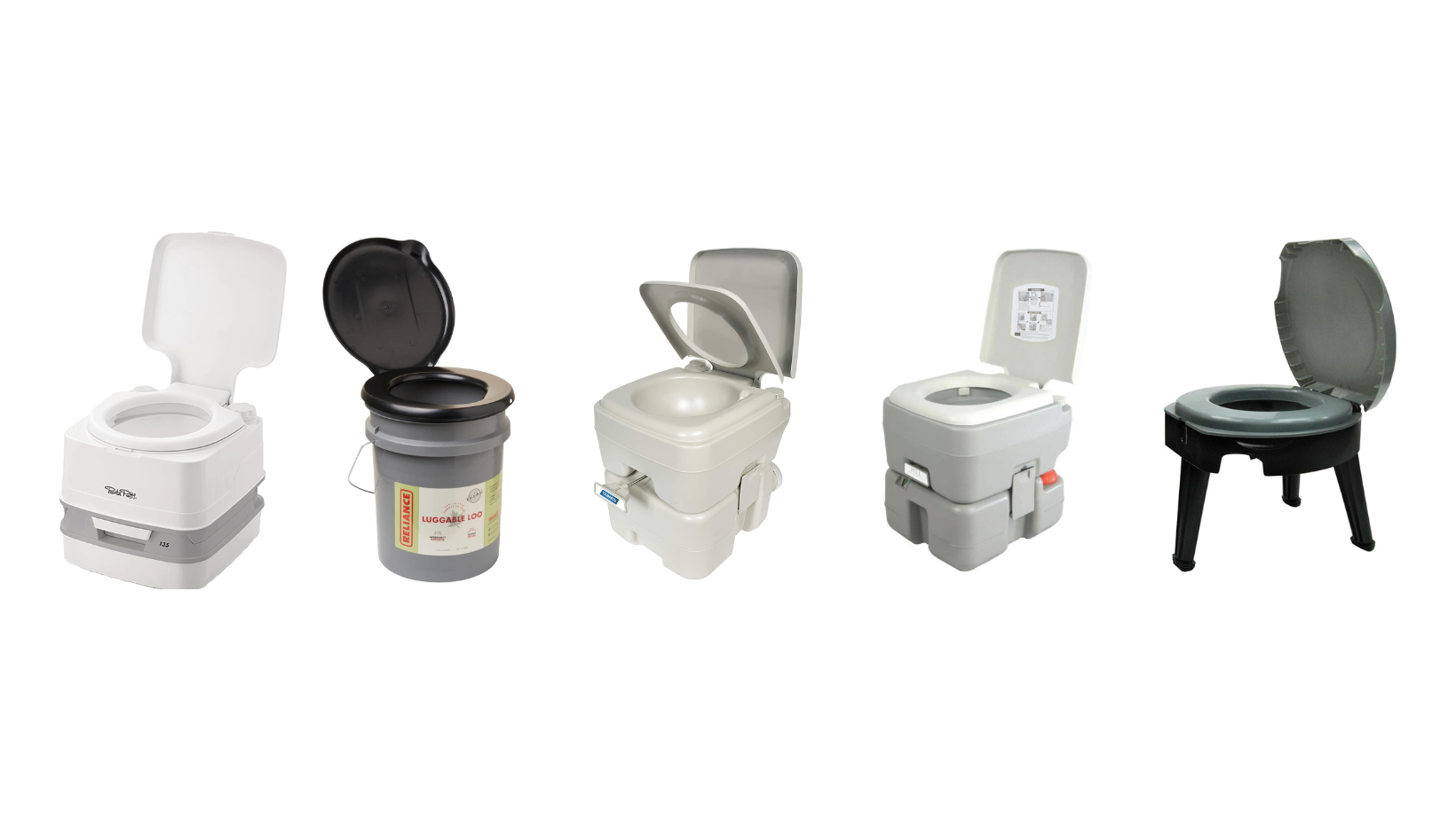Ultimate Fishing Guide: Tips, Techniques, and Gear Recommendations
Saturday, October 28, 2023
Introduction
Fishing is not just a hobby; for many, it’s a passion. The gentle lapping of the water, the thrill of the catch, and the serenity of nature combine to provide an unmatched experience. Whether you’re a beginner looking to cast your first line or a seasoned angler seeking to refine your skills, this comprehensive guide offers invaluable insights into the world of fishing.
Understanding the Basics
Fishing Vocabulary 101
Let’s start by familiarizing ourselves with some essential fishing terms. This basic vocabulary will help you navigate the world of fishing with ease and confidence
Angler: A person who fishes, whether for food or as a hobby.
Bait: Anything used to attract fish, including worms, insects, or artificial lures.
Bobbers: Used to suspend bait at a set depth and signal when fish bite. They vary in shape and size, and are essential for effective fishing.
Catch and Release: The practice of returning the fish to the water after catching it.
Drag: A mechanism on the reel that lets the line come out under pressure, preventing the line from breaking when a fish pulls hard.
Fly Fishing: A method where the weight of the line carries the hook through the air.
Jig: A type of lure that’s typically made of a lead sinker with a hook molded into it and covered by a soft body to attract fish.
Lure: An artificial fishing bait designed to attract fish.
Spawning: The process of fish reproduction, during which eggs are laid in water.
Tackle: The equipment used when fishing, such as hooks, lines, sinkers, floats, rods, reels, baits, lures, spears, nets, gaffs, traps, waders, and other addressing.
Where to Go?
Finding the right place to fish can be tricky. If you’re unsure, ask people who love to fish. They often have great tips about the best spots. Also, using apps like Fishbrain can help. This app shows good fishing places and what people are catching there.
Fishing Licenses
Before you head out, ensure you have the necessary fishing licenses. Regulations vary by location, so check with local authorities ( The price of a day license is often less than $20). You can also visit the official website to purchase your license online. This ensures that you fish legally and responsibly.
Know Your Fish
Every fish species behaves differently. Familiarize yourself with the fish in your chosen location. For instance, while trout tend to prefer cold, clear streams and lakes, bass can be found in warmer waters.
Etiquette
It’s crucial to respect fellow anglers by giving them space and maintaining quiet. Always adhere to local regulations, handle fish gently, especially during catch and release, and leave no trace by cleaning up your area. Approaching situations with a mindset of education over confrontation fosters a supportive fishing community. Remember, preserving the environment and sharing knowledge enhances the experience for all.
Essential Techniques
Casting:
Casting is a fundamental fishing skill that every angler should master. It’s all about getting your lure or bait to the right spot. Here are a few casting techniques that can significantly improve your fishing game:
- Overhead Cast: This is the most common technique. Hold the rod over your shoulder and cast it forward in a smooth motion, releasing the line at the right moment to send it flying towards your desired spot.
- Sidearm Cast: Useful in situations where you have limited overhead space because of trees or other obstacles. The motion is similar to the overhead cast, but it’s done to the side.
- Roll Cast: Particularly popular among fly fishermen, the roll cast is used when there’s no room for a backcast. The line is rolled on the surface of the water to get it out to the desired
Setting the Hook:
When a fish takes the bait, quickly lift your rod up to secure the hook. As you get used to bait, think about using lures. They look like small fish and attract bigger ones. Bobbers are also good to have. They float on the water and tell you when a fish is biting.
Reeling In:
After setting the hook, it’s time to reel in your catch. With steady pressure, turn the reel handle smoothly, not too fast nor too slow. Make sure you maintain a good tension on the line, so the fish doesn’t escape. As you continue practicing and gaining experience, mastering other techniques such as tying knots will become essential. For those looking to enhance their skills, I found this helpful resource that might be of interest.
Gear Recommendations
Rods: A good fishing rod can make a world of difference. For beginners, a medium-weight rod offers versatility. Experienced anglers might prefer specialized rods, like fly rods or trolling rods.
Reels: Spinning reels are ideal for beginners due to their ease of use. Baitcasting reels, on the other hand, are better suited for seasoned fishermen targeting larger fish.
Recommended Products

Ugly Stik GX2 Spinning Fishing Rod
Durable, sensitive, lightweight, 7-year warranty.

PLUSINNO Fishing Rod and Reel
novice-friendly fishing kit, durable, portable, high-quality
Baits & Lures: Live baits like worms and minnows are universally effective. However, artificial lures, such as jigs, crankbaits, and spinners, can be just as effective when used correctly.
Hooks: Always keep a variety of hooks in different sizes. Remember, the type of hook you’ll need depends on the fish you’re targeting.
Recommended Products

YONGZHI Fishing Lures
Perfect for starters,Treble hook,8-piece set,

GOANDO Fishing Lures Kit
Versatile, lifelike lures; durable materials
Tips for Success
Patience is Key: Fishing requires patience. Don’t get discouraged if you don’t make a catch right away.
Stay Quiet: Loud noises can scare away fish. Move quietly, speak softly, and tread lightly.
Observe the Water: Look for signs of fish activity, such as jumping fish or swirling water.
Learn from Locals: Local anglers often have invaluable knowledge about the best spots and techniques.
5. Conservation Matters
Always practice catch and release if you’re not going to eat the fish. It’s essential for preserving the fish population and ensuring that future generations can enjoy the same experience.
In Conclusion
Arming yourself with the right knowledge, techniques, and gear can significantly enhance your fishing experience. Remember, fishing is as much about enjoying the journey as it is about the catch. So, take in the beauty around you, respect nature, and, most importantly, have fun!
Happy fishing!
related posts
Top 7 Camping Toilet Tents for Privacy and Comfort Monday, November 27, 2023 By marouane When you’re out camping, a toilet tent …
Ultimate Guide: Top Camping Toilets Reviewed Monday, November 27, 2023 By marouane Imagine waking up to the serene beauty of the wilderness, …
Best rechargeable camping lantern Saturday, November 25, 2023 By marouane Rechargeable lanterns can be a good alternative to traditional battery-powered ones. They …
Top Camping Shower Recommendations Wednesday, November 22, 2023 By marouane After a day of trekking, nothing beats a good shower to feel …
Best Camping Tables On Amazon Sunday, November 19, 2023 By marouane A camping table can be an invaluable piece of gear for …




